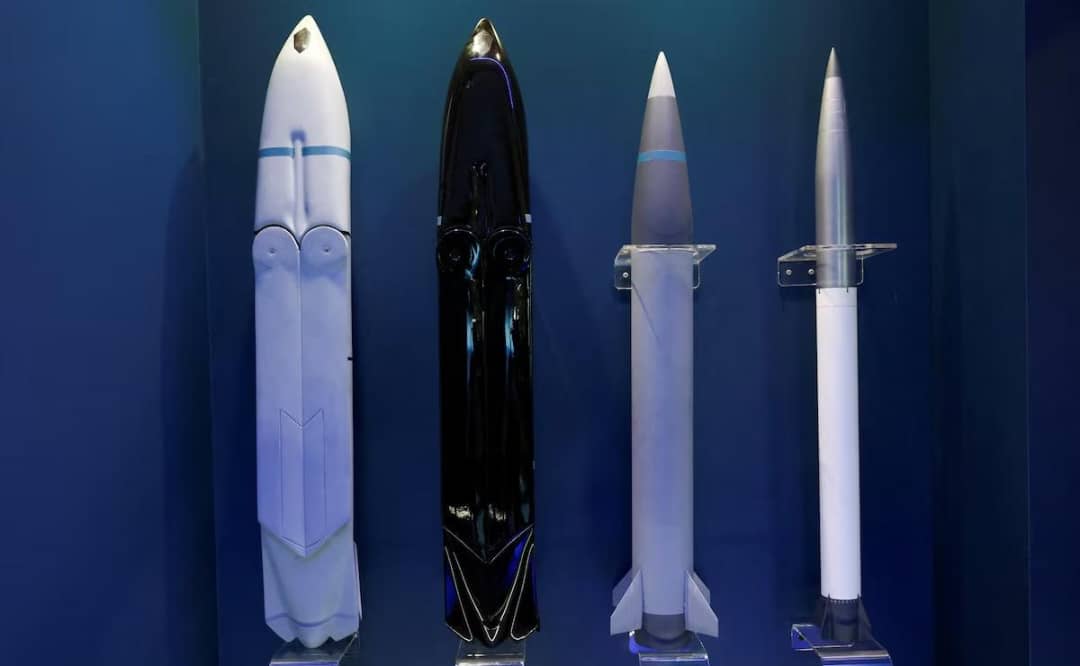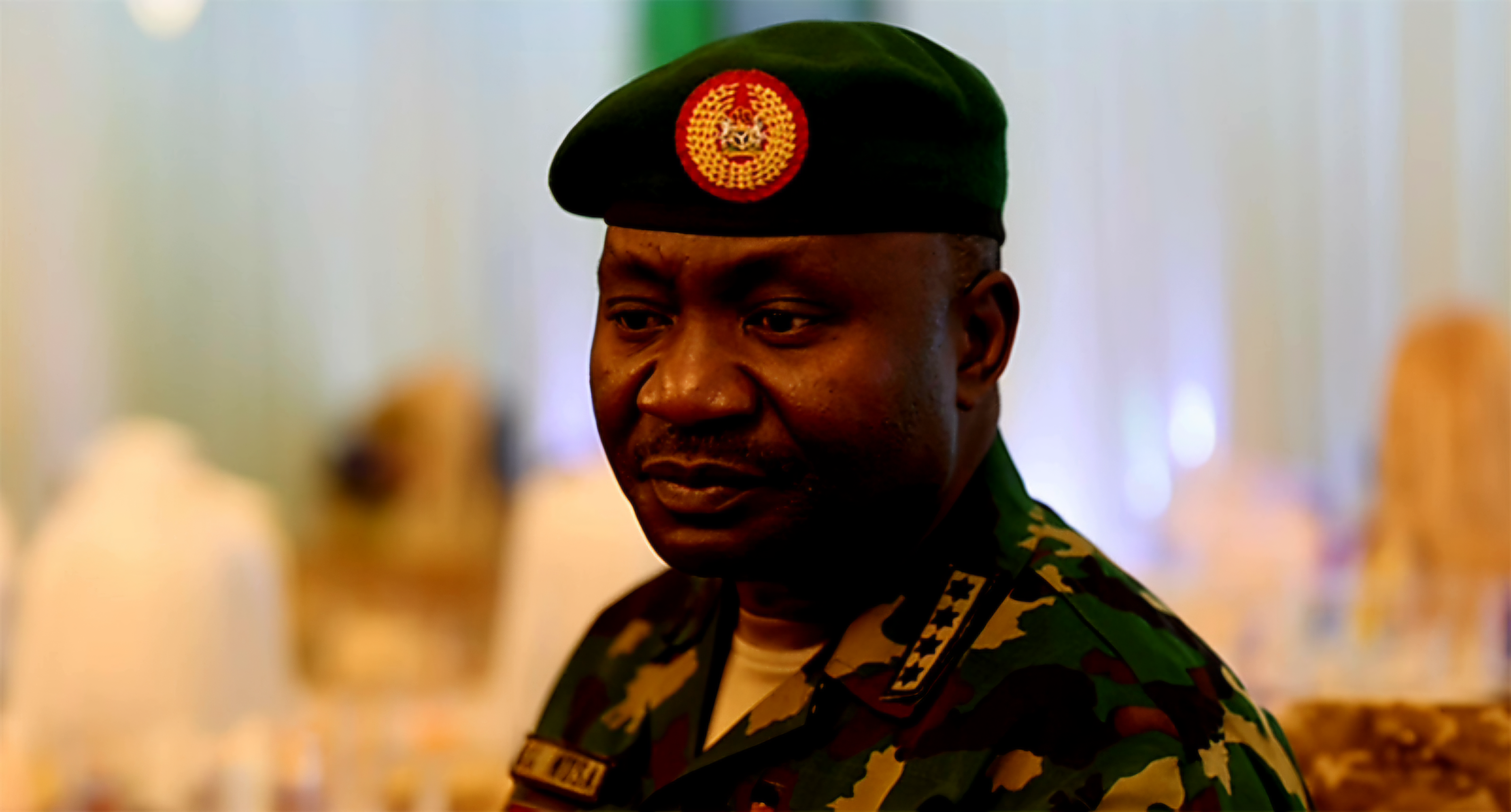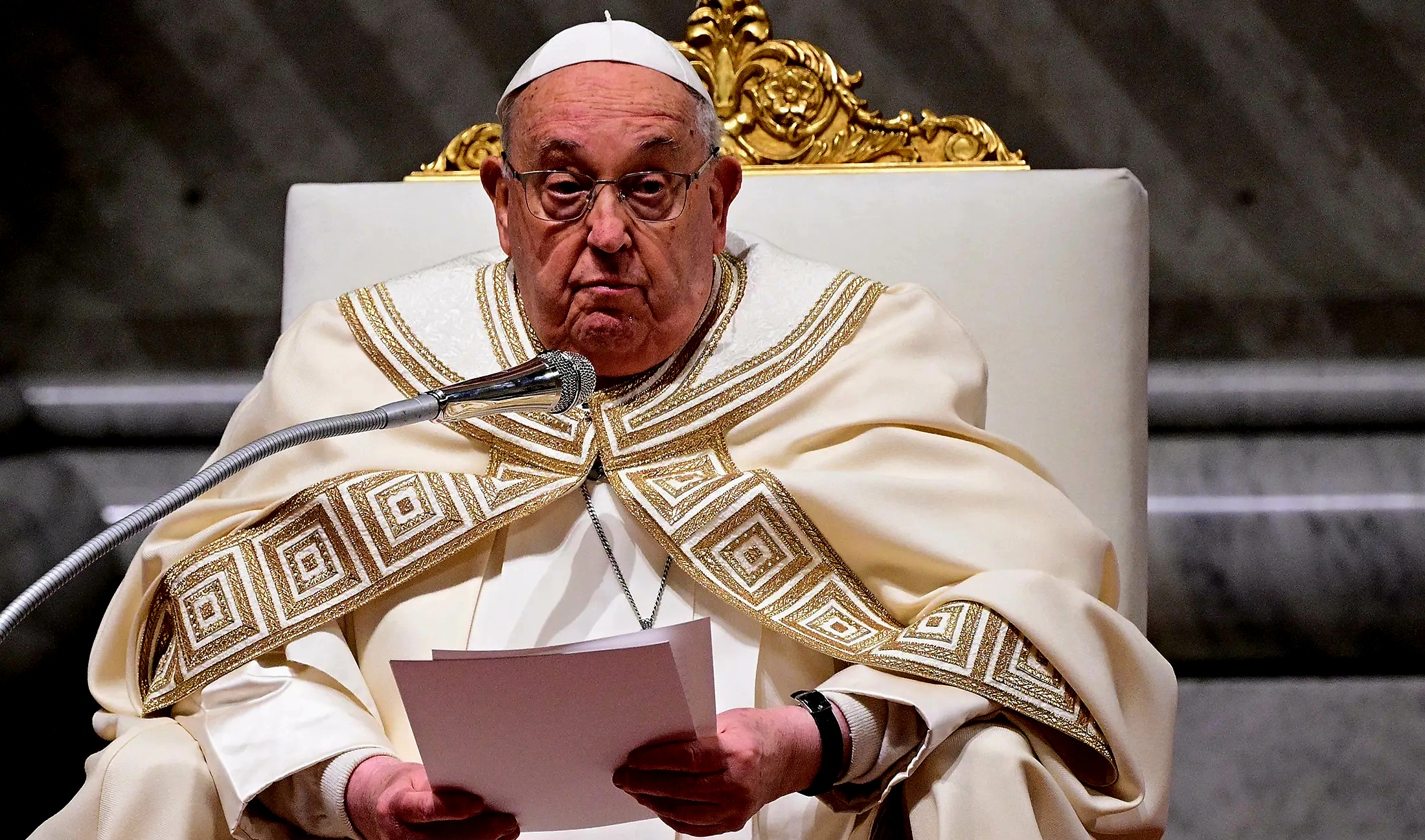Trump issues executive order to simplify U.S. arms export process
- by Ruth, Washington, RNG247
- about 18 days ago
- 50 views

In a decisive move aimed at bolstering the U.S. defense industry, President Donald Trump signed an executive order on Wednesday that sets in motion a comprehensive review of the regulations governing military equipment exports. This strategic directive is designed to facilitate easier access for American defense firms to international markets, ensuring that the U.S. remains competitive in global arms sales.
During a signing ceremony held in the Oval Office, White House aide Will Scharf articulated the urgency behind the executive order, stating, “We are unable to provide weapons systems in a reliable, effective way to key allies, and the key driver of that is inefficiencies and inconsistencies in the process of approving foreign military sales.” Scharf emphasized that this initiative aims not only to support American jobs and revenue but also to enhance military cooperation with crucial partners around the world.
The executive order mandates that the Department of Defense, the Department of State, and other relevant agencies revamp the existing framework governing foreign defense sales. “This executive order will ensure that we can provide equipment effectively, creating American jobs and delivering essential military equipment to our key allies,” Scharf explained.
Trump's initiative comes on the heels of a reported desire to reform the workflow surrounding arms sales, similar to a proposal previously introduced by Michael Waltz, a former Republican congressman and national security adviser. The existing U.S. Arms Export Control Act grants Congress the authority to review arms exports based on the relationships with recipient countries and the size of sales, often creating bottlenecks.
Throughout his presidency, Trump has expressed frustration with congressional delays in approving foreign arms sales—frequently attributed to human rights concerns and geopolitical tensions. His administration's last term saw a notable example of this frustration in 2019 when he invoked a national emergency to bypass congressional oversight. This controversial approach enabled him to finalize over $8 billion in arms sales to Saudi Arabia, the United Arab Emirates, and Jordan amid ongoing bipartisan discontent regarding the Saudi-led intervention in Yemen and various human rights violations, including the high-profile murder of journalist Jamal Khashoggi.
In conjunction with the executive order on exports, President Trump initiated a broader review of acquisition programs at the Department of Defense, signifying a multi-faceted approach to reforming national defense procurement. As the administration pushes forward with these changes, it is clear that the stakes are high—not just for U.S. defense contractors and their workforce, but also for the strategic alignment of the United States with allies across the globe.
As international dynamics continue to evolve, the ramifications of this executive order will likely reverberate throughout the defense sector and beyond, shaping the contours of U.S. foreign relations and military partnerships for years to come.
















0 Comment(s)